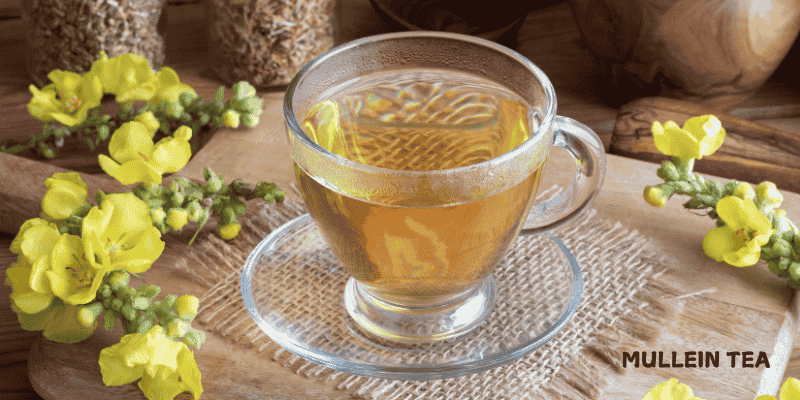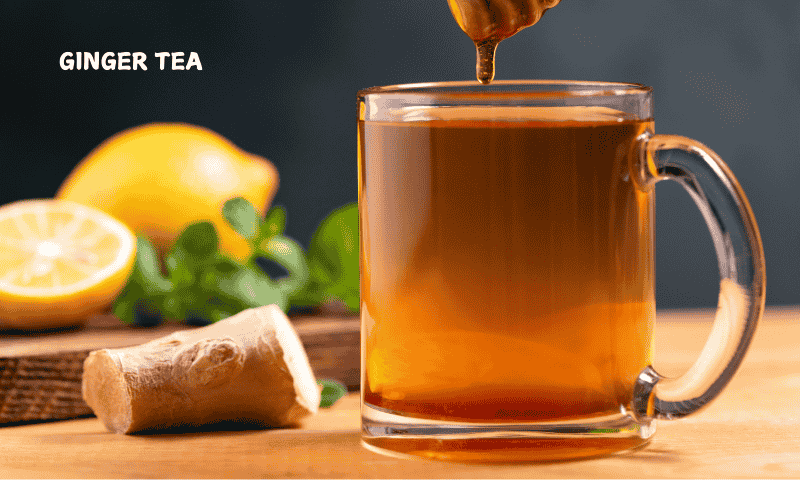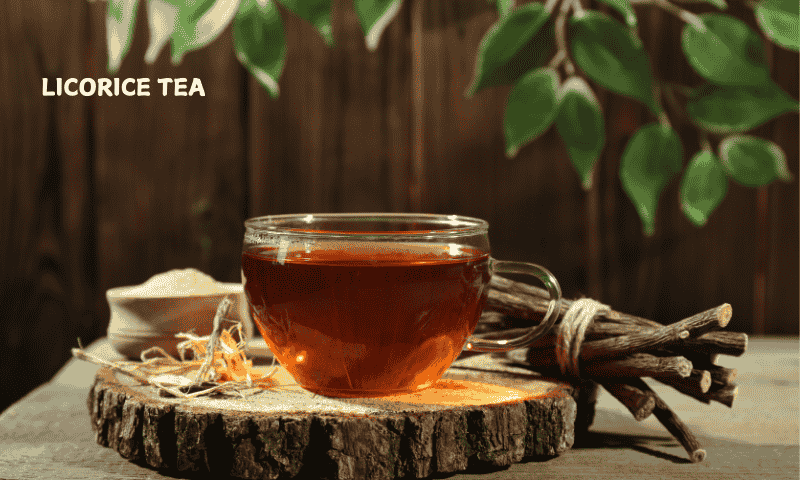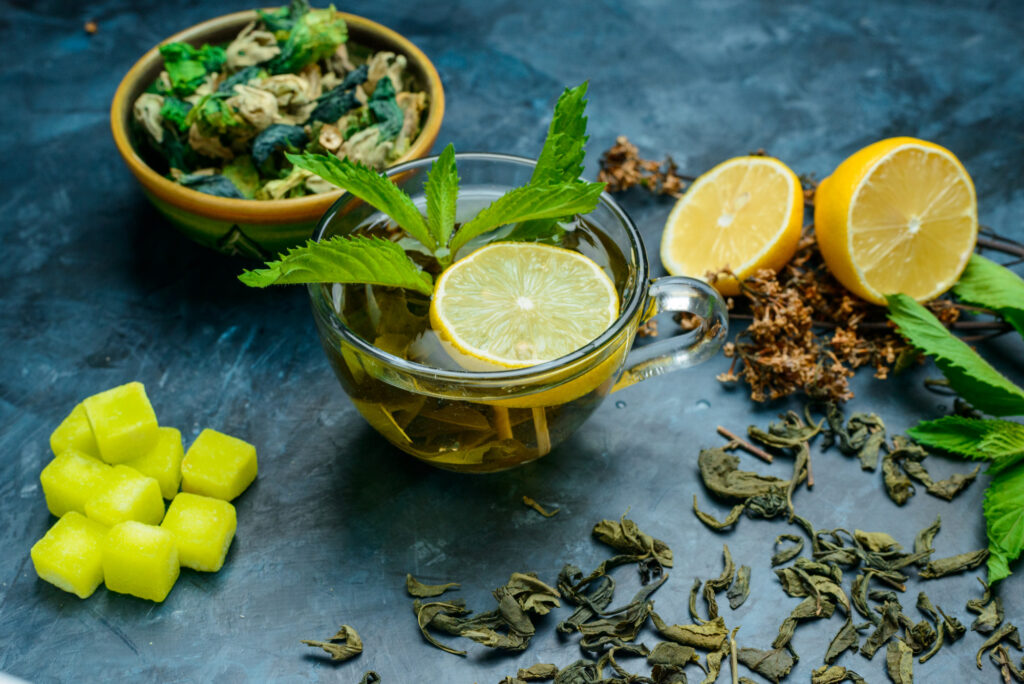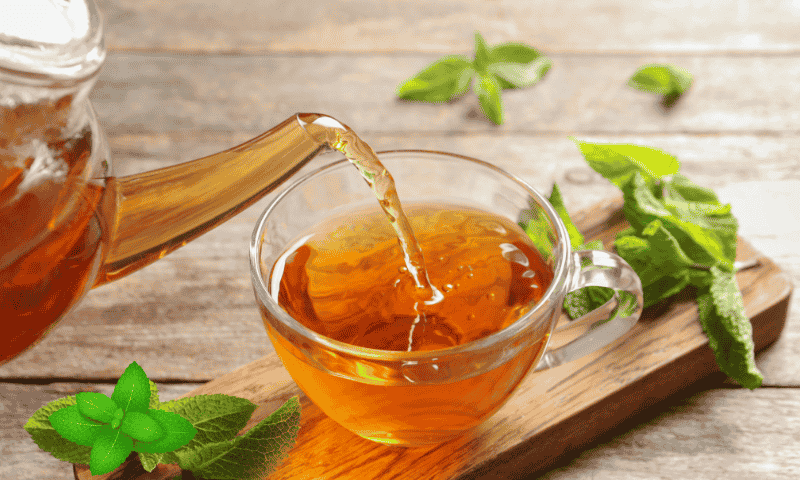5 Best Herbal Teas For The Lungs
The benefits of drinking tea for lung health are wide-ranging. Incorporating tea good for the lungs into your diet can help reduce the risk of respiratory diseases, improve breathing, and even boost your immune system. Our lungs play an essential role in our overall well-being.
Drinking tea, particularly certain herbal teas, can naturally detoxify and support lung health, helping your lungs perform at their best. Certain herbs have been used for centuries to help cleanse, soothe, and strengthen the respiratory system. If you’re looking for a tea to help you breathe easier and keep your lungs in top shape, here are the five good herbal tea for purifying your lungs!
Mullein is a true superstar when it comes to lung health. This herb is known for its ability to provide natural lung support, soothe irritated respiratory tissues, and clear out mucus, making it an excellent choice if you’re dealing with congestion or coughs. Mullein tea for the lungs works as a natural expectorant, meaning it helps to break down and expel mucus so you can breathe easier. Adding mullein tea to your routine can be a game changer if you suffer from respiratory conditions like bronchitis or allergies.
Ginger isn’t only a kitchen staple; it’s also a natural lung detox. It has powerful anti-inflammatory properties, and ginger tea can help reduce swelling in your airways, making it easier to breathe. Ginger is also a natural decongestant, making it the perfect herb for lung cleansing and soothing irritation in your respiratory tract. Plus, its antioxidant benefits protect your lungs from the harmful effects of toxins and pollution. A cup of ginger tea is comforting and a natural way to support your lungs.
Licorice root is a natural remedy known for its soothing properties, making it one of the best herbal teas for clearing the lungs. If you’re battling a sore throat or persistent cough, licorice root tea can help ease irritation and reduce inflammation. It also has some expectorant properties, helping you get rid of excess mucus. Licorice root tea is the best tea for people with asthma, chronic bronchitis, or even seasonal allergies. It can provide relief by opening the airways and calming inflammation.
If you love a refreshing cup of tea, peppermint is a must-try for your lungs. The menthol in peppermint tea for the lungs acts as a natural decongestant, making breathing easier by clearing mucus from the airways. It’s perfect for people dealing with colds, allergies, or asthma. The anti inflammatory properties of peppermint also help soothe the respiratory system, reducing swelling and irritation. On top of all that, its cooling effect is just what you need for a refreshing boost!
Green tea is famous for its health benefits, and it’s also a great choice for keeping your lungs in top condition. Rich in antioxidants, especially catechins, green tea for lungs helps protect lung tissues from damage caused by free radicals and toxins. It’s also known to reduce inflammation, which can help prevent respiratory issues like asthma and bronchitis. A daily cup of green tea offers more than just a boost of energy,it supports your lung health for the long run.
conclusion
Herbal Tea is not a magic bullet for lung health, but it certainly plays a supportive role in maintaining and improving respiratory function. By incorporating lung friendly teas into your daily routine, you can help reduce inflammation, clear toxins, and keep your lungs functioning at their best. Whether you’re looking to prevent respiratory problems or manage an existing condition, herbal tea can be a valuable tool in your lungs health.
FAQ
Green tea, ginger tea and eucalyptus tea are some of the best options for supporting lung health.
Tea cannot cure lung diseases, but it can help manage symptoms and improve overall lung function.
Drinking 1-2 cups of herbal tea daily can provide significant benefits for your lungs.
Yes, teas like mullein and ginger can help reduce inflammation and open airways, making it easier to breathe for asthma sufferers.
Licorice root tea should be consumed in moderation, as it can raise blood pressure in some people. Consult with your doctor if you have concerns.
